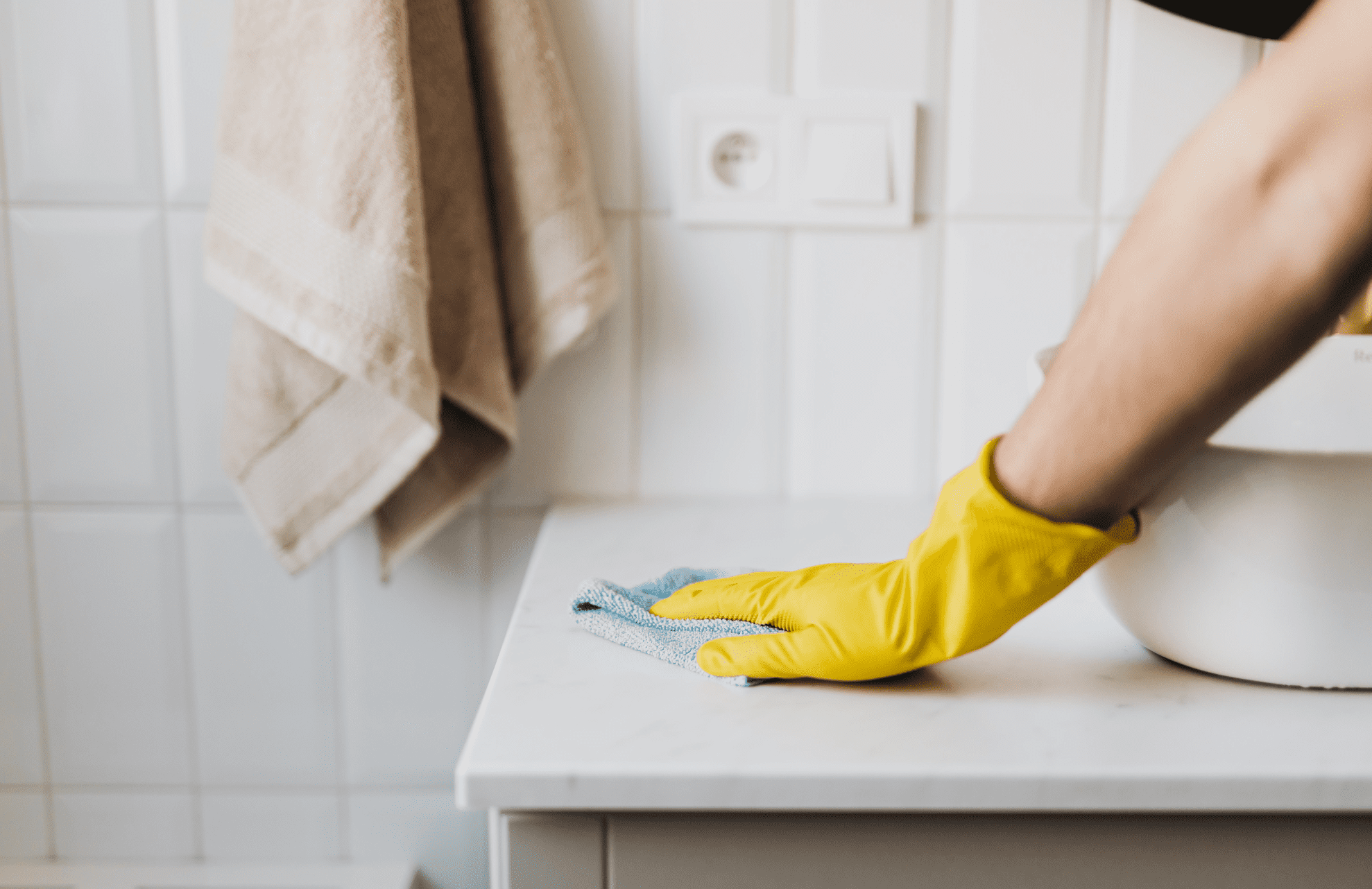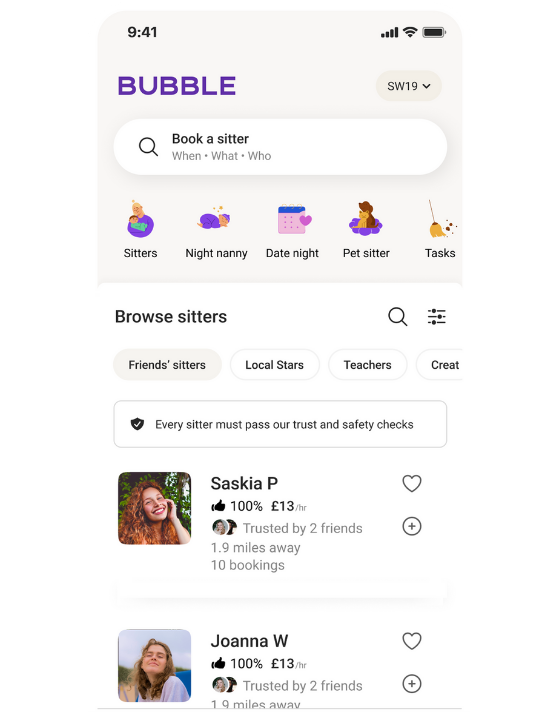7 tips to keep Covid-secure when having people work in your home

Expert help and advice

Find great childcare
Download the Bubble app to find and book childcare in as little as 30 minutes.
Download the Bubble app


Find great childcare
Download the Bubble app to find and book childcare in as little as 30 minutes.
Download the Bubble app
Keep in the know
Receive exclusive subscriber-only offers, promotions and updates.

© 2025 Bubble. All rights reserved.